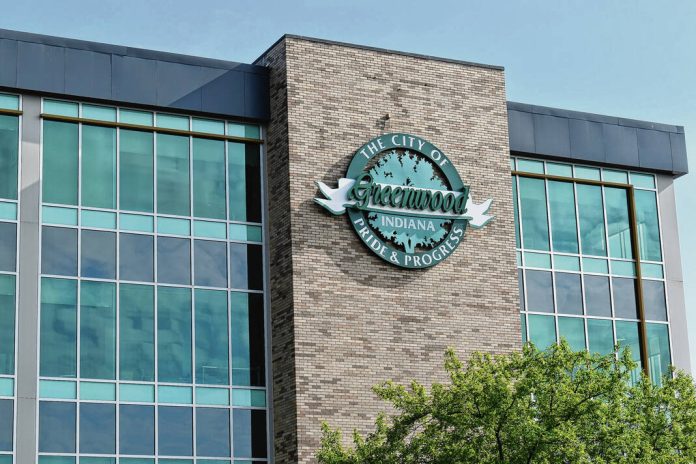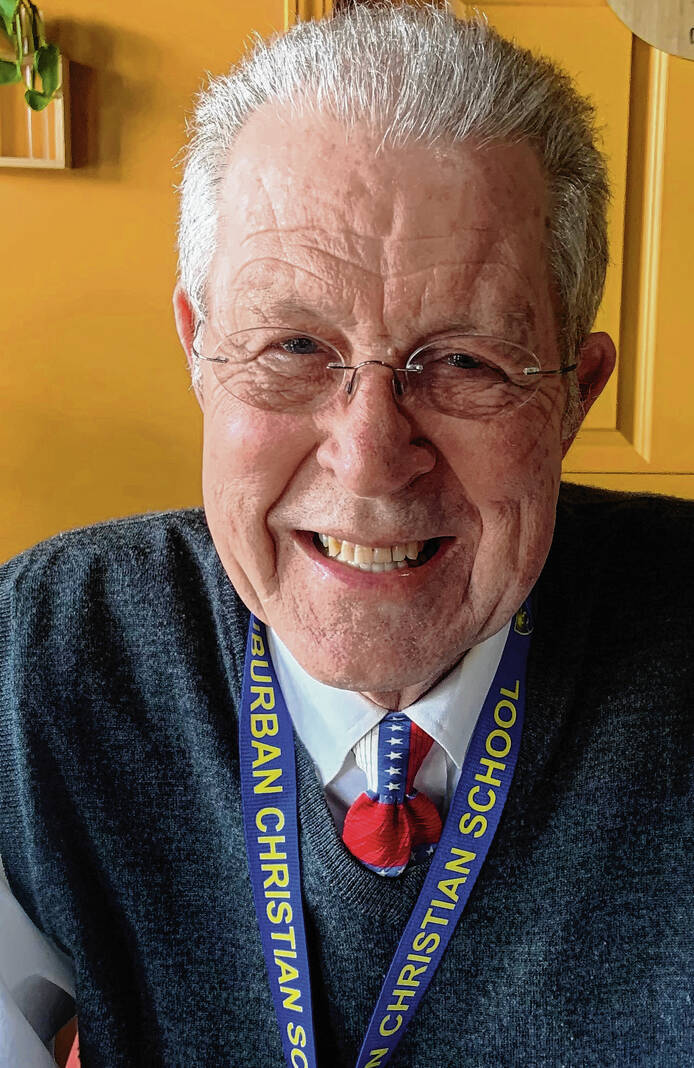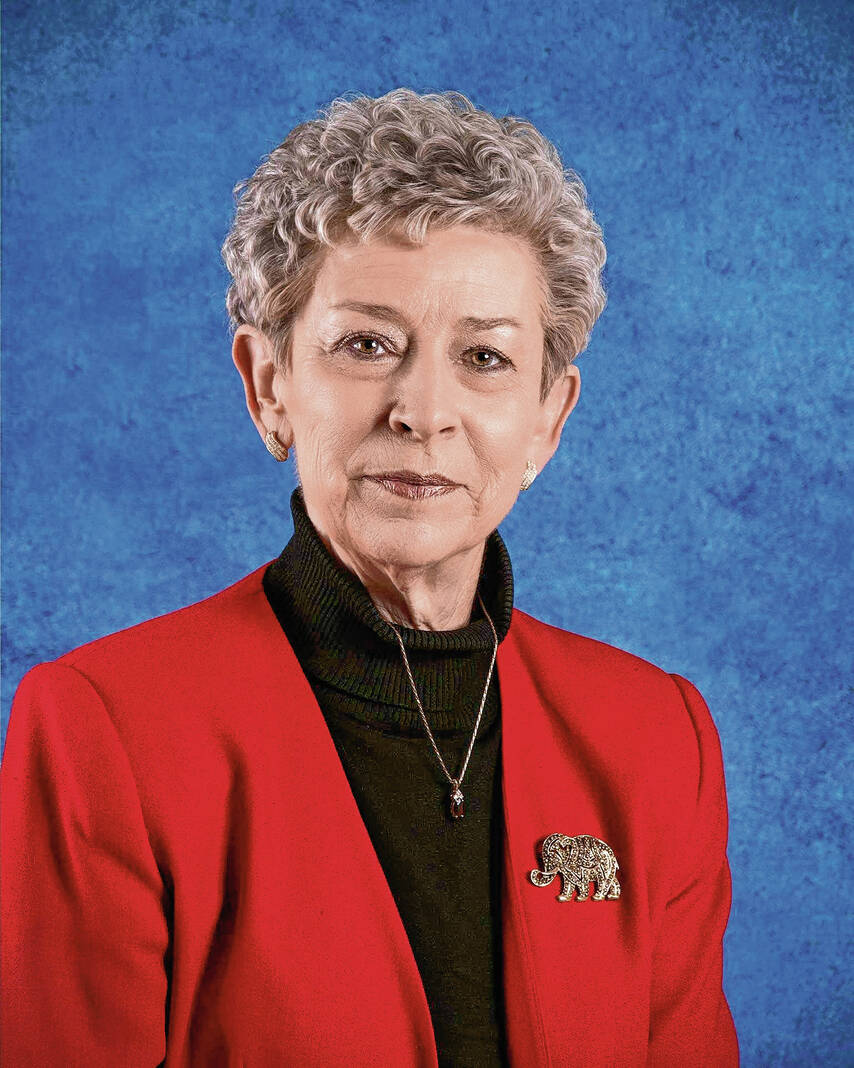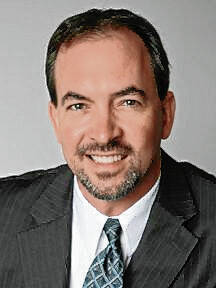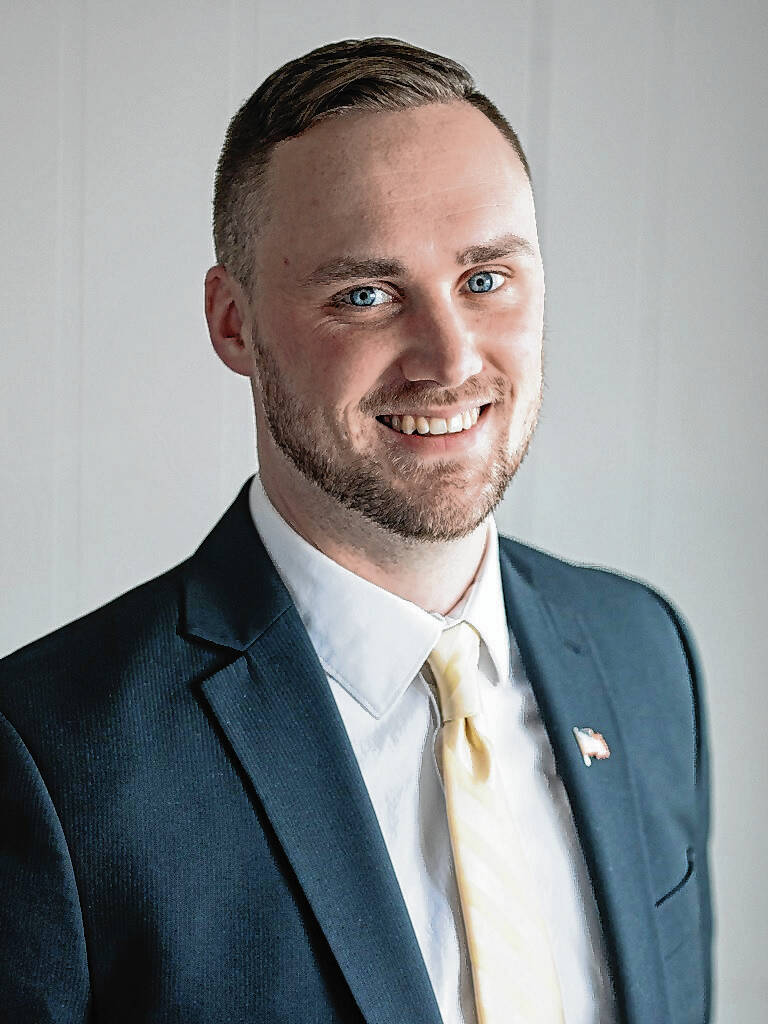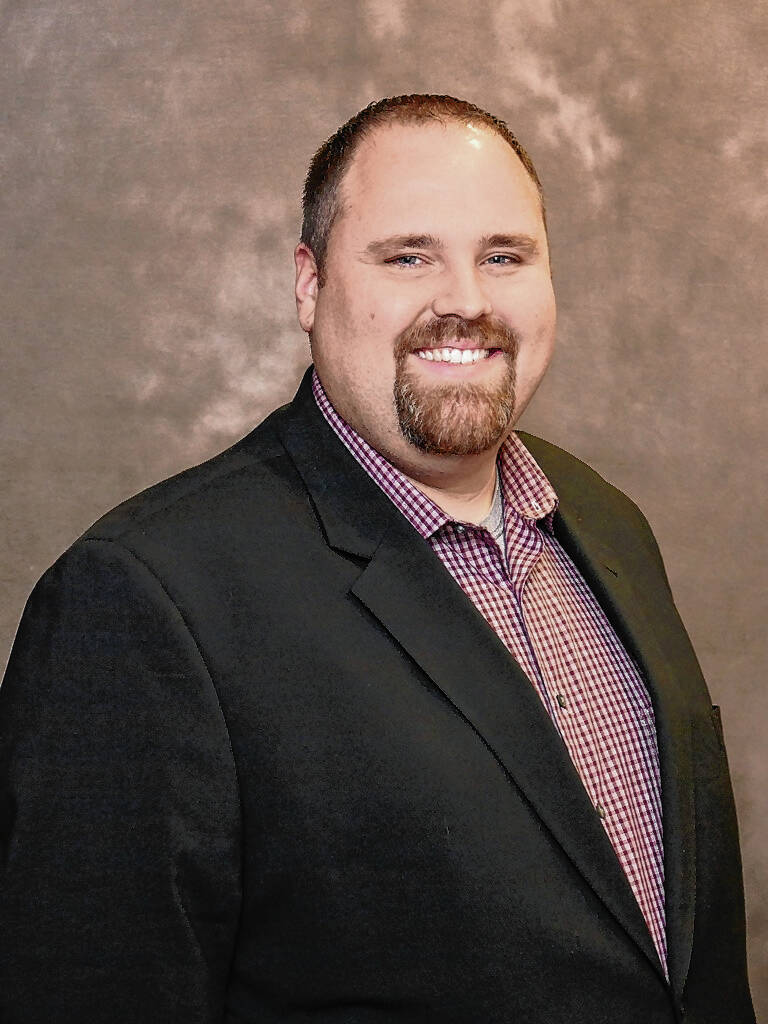Greenwood city council members voted in favor of a maximum property tax levy appeal with a condition the funds are directed to public safety.
But city officials argued earmarking where the funds went would tie the hands of future city councils.
As part of the city’s 2024 budget process, officials plan to ask the state of Indiana for a maximum property tax levy appeal, a move designed to give government units relief from levy limits by giving them more funds to fulfill governmental responsibilities. Greenwood’s planned appeal would allow it to receive up to 2% more, about $1.4 million more, in tax revenue since the city grew 9% faster than the state over the last three years.
Asking for an appeal will allow the city to purchase a new fire engine and fund street work. It is not expected to have a significant impact on residents’ property tax bills, officials previously said.
The appeal has been controversial for council members, leading to heavy discussions and questions over the course of two city council meetings. During a meeting earlier this month, council members voted 5-4 to move it through to second reading.
After another lengthy discussion on Monday, council member Michael Williams asked to amend the request to specify that the proceeds would be earmarked to public safety. The amendment passed 5-4, with council members Ron Bates, Erin Betron, Ezra Hill, Brad Pendleton and Michael Williams voting in favor of the resolution. Council members Mike Campbell, Linda Gibson, David Hopper and Dave Lekse voted against it.
Ultimately, the council voted 7-2 in favor of the appeal, which has to be approved by the state’s Department of Local Government Finance. Betron, Campbell, Gibson, Hill, Hopper, Pendleton and Williams voted in favor, while Bates and Lekse voted against it.
Firefighters plead for appeal
Before council members discussed the appeal, representatives of the Johnson County Professional Firefighters Local 4252 asked the council to approve the appeal and direct the funds to public safety.
Union President Nathan Poff told the city council that both he and the union were in favor of the levy appeal. There is a need to grow public safety, he said.
Highlighting staffing statistics from the last 20 years or so, Nat Ridge, vice president of the union’s Greenwood district, told council members that Greenwood Fire’s staffing matrix had remained unchanged from 2006. In 2006, the city had 45,000 residents, had a staffing matrix of 17 firefighters for minimal staffing of apparatus and had 4,500 runs, he said.
Today, the city has over 65,000 residents — a 45% increase from 2006. The fire department is on track to exceed 9,000 runs this year, Ridge said.
“That’s a 100% increase and our staffing matrix is still at 17. That’s a 0% increase in manpower to do twice the work,” he said.
Though the department has been funded new firefighting positions, including six at the start of the year, actual staffing is 17.2 firefighters per day on a truck, he said.
Ridge, who has been in the department for over 27 years, said he’s seen the ramifications of decisions made over the years in the name of fiscal responsibility and to make the city the lowest tax rate of any city of over 10,000. He asked the council to not make the appeal one of them.
“You are in a very difficult position,” Ridge said. “If you vote no, you are anti-public safety. If you vote yes, you are voting for a tax increase three weeks before the general election.”
Revenue from the appeal would enhance fire department operations and functions. It is necessary to purchase updated equipment, maintaining a healthy operating budget and to prepare for future growth, Greenwood Fire Chief Jayme Washel told the city council.
Greenwood resident Dale Marmaduke was only the person to speak against the appeal, saying other people in the county may need the funds more. Officials previously said not approving the appeal would cause the city to miss out on more of its piece of the tax revenue the county receives from the state.
Budget made with appeal in mind
City Controller Greg Wright told the council the 2024 budget was built assuming the levy appeal would be integrated. The additional funds are being shown in the general funds, but firefighters would benefit from it because the city would be able to shift more income taxes into the fire fund, he said.
“So in 2023, $5.5 million of income taxes were dedicated to the fire fund. We’re raising that in the 2024 budget to $6.8 million,” Wright said.

Funds are also planned to be set aside to fund additional firefighting positions for the new Station 95, which is set to open in January 2026. It’s important to set it aside now because officials are planning to hire 12 new firefighters for the station, which will be a significant cost to the city, Wright said.
Capital construction costs for the station will come from other sources, but without the appeal, officials couldn’t afford the personnel costs, he said.
The city council would need to find an extra $1.6 million without the appeal. There’s not enough reductions within the budget to would make this possible, Wright said.
“At this point in time, we don’t have another way to generate that level of funding for operations,” Wright said. “The way the property tax system works in the state of Indiana, we can’t just raise property taxes to accommodate what we need. We have to meet certain specific criteria.”
How it affects taxpayers, city
For the levy appeal, city officials are asking for $1.4 million. Of this amount, $210,000 is gone due to tax cap losses. If the city gets an expected extra $350,000 from income tax proceeds, then they’ll likely receive $1.54 million, Wright said.
Wright also addressed questions about how the appeal would affect the average taxpayer. Eight different taxing districts exist in Greenwood, meaning there is variety in how it affects taxpayers.
As an example, a resident who lives in Clark-Pleasant school district — the city’s highest tax rate district — and has a home assessed at $200,000 with homestead and supplemental deductions would pay $504 in property taxes this year. After the appeal, and assuming no change in assessed value, they would still pay $504 next year, Wright said.
However, if the assessed value were to increase by $1,000, their bill would rise to $507, Wright said.
If the levy appeal were to be denied — which is possible as the state has the final say — the city would have to adjust the budget or plan for a spend down of their cash reserves. They would also have to recalculate and review long-term plans, including Station 95, Wright said.
Earmarking for public safety
Wright also addressed questions about earmarking the proceeds from the appeal toward public safety during the meeting. After consulting with an attorney from Taft Law, they found case law that indicated that the city council could not.
Quoting the legal advice he was given, Wright said councils should not take actions that restrict the discretionary powers of future councils. Doing so would tie the hands of future councils, he said.
Despite this restriction, Wright said he could tell the council the proceeds were planned to be used for public safety.
Council member Michael Williams asked questions about the case law comments, and how it wasn’t state law. Wright said that this was correct and that the case law had resulted from cases tried on similar issues.
“The courts have found against those councils that have attempted to bind the hands of a future council,” he said.
Williams later said that the city council was not saying it had to go to a specific budget line item, but rather a general area. The discretionary power of the council would still exist, he said.
“You could spend that $1.3 million on public safety but it might be for a fire engine, it might be for staffing,” Williams said.
Wright countered by asking what would happen if the state changed how public safety funding works. Then the city would be dedicating property taxes to something that hasn’t been enforced, he said.
“We don’t know what’s going to happen with the funding, so I can’t say for certain that we’re gonna have that property tax every year in the future as well,” Wright said.
Council member David Lekse asked Wright if this would affect the budget every year thereafter. Wright said yes it would as it’s a permanent levy appeal they are requesting.
A future council could amend the language if the state did change how the funding worked, Wright said in a response to a question from council member Brad Pendleton. But “the language would be unenforceable” because a council could just amend it and it would be gone, Wright said.
Williams disagreed, saying he saw “great value” in putting the language into the ordinance. He then proposed an amendment that earmarked the funding specifically for public safety, which was seconded by council member Brad Pendleton.
Appeal passes
The amendment passed the council 5-4. Before voting against the amendment, Lekse said he couldn’t support an amendment that was contradictory to case law, saying council members took an oath to support state law.
Council member Ron Bates said the amendment “gave him some relief” as he had been wrestling with the levy appeal resolution over the last few weeks. However, Bates, who lost the primary election and will no longer be in office starting in January, said he didn’t want to leave the council with a record that he “passed a tax increase.”
Bates voted against the appeal, along with Lekse. Lekse said he couldn’t support a tax increase for every year going forward.
After the vote, council member Linda Gibson asked if passing the levy appeal resolution with the funds earmarked for public safety would put the appeal’s approval by the Indiana Department of Local Government Finance at risk. Wright said it depends on who at the DLGF reviews the appeal, and that the city could be at risk.
Pendleton later commented that the city could be at risk of denial without the earmark as well, he said.
Despite the comments regarding case law, the city council did not violate any laws with the amendment. The case law referenced stood as arguments to show that actions to bind future councils are not enforceable, said Sam Hodson, a partner with Taft Law and the city’s corporation counsel.
“Unenforceable actions are not necessarily illegal,” Hodson said.
Revenue from the levy appeal will not be more than the operating expenses for the new fire station. It will also have little or no impact on homeowners’ tax bills as the city tax rate will not change, Hodson said. These statements are in line with what officials have previously said about the appeal.
“The amendment changed nothing about the impact of the new revenue,” Hodson said. “It was merely political theater.”
CORRECTION: Oct. 19, 2023 at 11:52 a.m.
Due to an error, a portion of a quote from Nat Ridge, vice president of the Johnson County Professional Firefighters Local 4252’s Greenwood district, was omitted. It has since been added back to the story.


